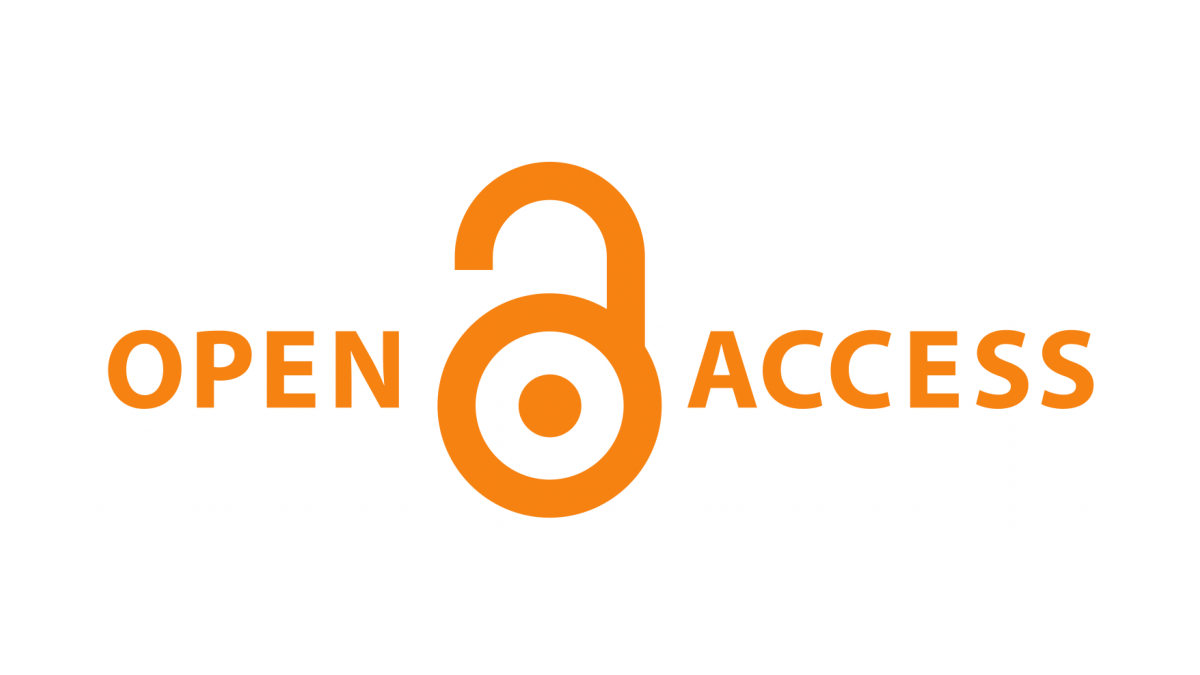Protocolo para determinar in vivo la resistencia a la extracción axial de tornillos poliaxiales de implantes de columna cervical. Prevalidación in vitro
Abstract
To assure the biomechanical stability of cranio-vertebral fixation systems of polyaxial screws (PAS) and longitudinal plates, up to date the axial pullout strength (APS) of the PAS is in vitro experimentally determined, demanding the use of expensive hardware and human cadaveric tissue. Therefore, a novel in vivo tests protocol for determining the APS of the PAS is presented in this work. For this purpose, a stainless steel mechanical device was designed for applying a “tightening torque” (TT) and to pull out in vivo the PAS. The protocol was pre-validated in vitro, using porcine and bovine bone. The APS was calculated by using the respective equation, taking into account the ultimate TT. The mean APS for the PAS inserted in porcine bone was 790 ± N (n = 5). One of the PAS inserted in the bovine bone was fractured and its APS calculated was 5.028 kN. The mean APS obtained for other five tests was 2.05 ± 0.267 kN. In vitro tests will be performed applying axial pullout force for determining the torsion coefficient for the steel-bronze contact, before the in vivo tests. The final execution of this protocol will demand a low-cost hardware.
Downloads
Downloads
Published
How to Cite
Issue
Section
License
Upon acceptance of an article in the RMIB, corresponding authors will be asked to fulfill and sign the copyright and the journal publishing agreement, which will allow the RMIB authorization to publish this document in any media without limitations and without any cost. Authors may reuse parts of the paper in other documents and reproduce part or all of it for their personal use as long as a bibliographic reference is made to the RMIB. However written permission of the Publisher is required for resale or distribution outside the corresponding author institution and for all other derivative works, including compilations and translations.



